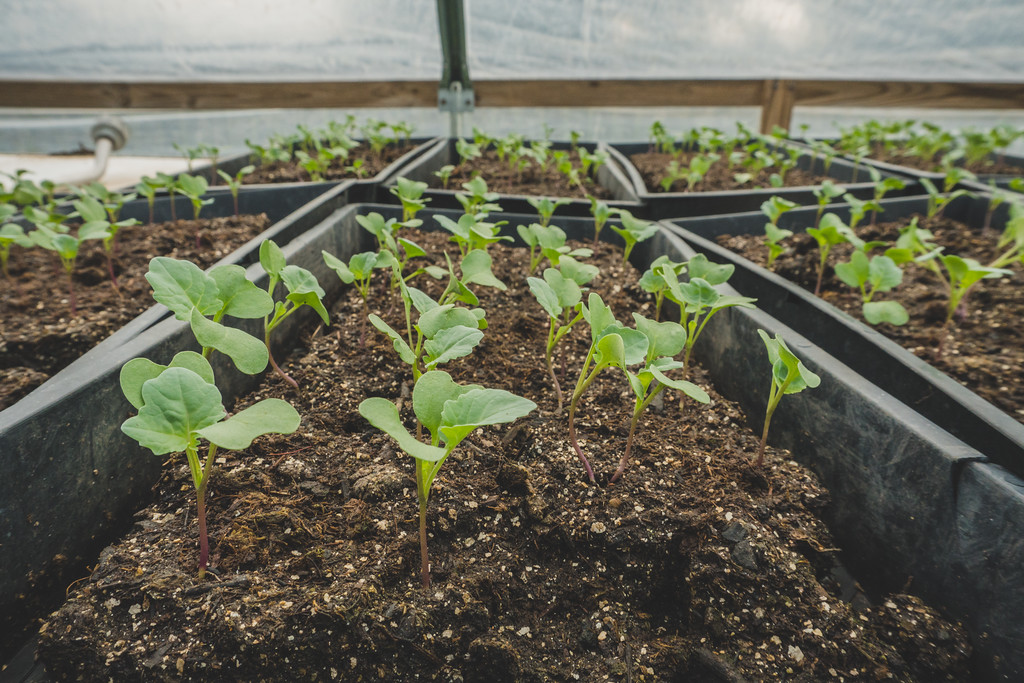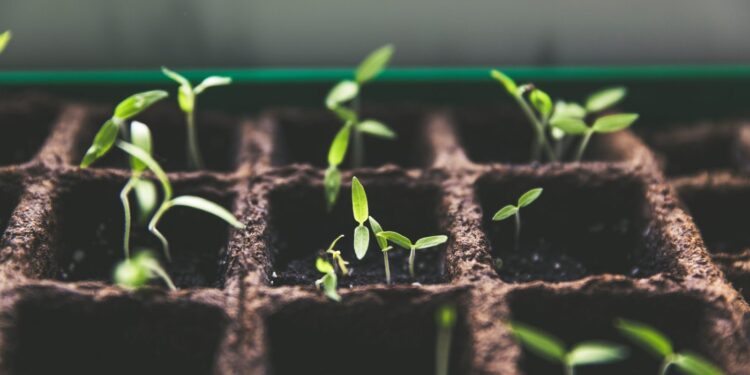Farming is a critical part of the nation’s economy. It cultivates the land, provides essential work, and feeds the population. Working in agriculture is noble, but that doesn’t make it easy. It’s actually quite the opposite.
Owning and operating a farm is a risky enterprise. Anything could happen. A storm could wipe out your most profitable crop, a disease could kill your most important livestock, or a laborer could get hurt (or worse) by equipment on your farm.
But as challenging as farming is, it’s a vital part of a healthy economy. So if you’re thinking about creating your own farm, here’s a step-by-step guide to getting started.
Step #1: Get Hands-on Training
Before actually starting your farm, you need to get some on-site training and experience. Sure, you could watch YouTube videos and read every book about farming, but nothing beats experiential learning in this line of work.
In farming, some things are just best learned by doing. For example, if you need to learn how to use a baler, you should probably help someone who already knows how to do it instead of watching a video and attempting to do it on your own. Equipment like that is dangerous when not used properly, and the last thing you want to do is get hurt or damage expensive equipment.
Safety is a chief concern for a farming operation. In 2019, 410 farm workers died from accidents on farms. But you can avoid these mishaps with the proper training.
You can also learn valuable tips and tricks by working with an experienced farmer before striking out on your own. For instance, did you know there are mobile chicken coops you can move around your property? Or that there’s a machine you can use to plant your crops? This is the kind of helpful information you can get from working with someone who already knows.
Step #2: Make a Plan
Once you get familiar with farming operations, you can start to think about what kind of farm you want to have. Do you want to focus on animal agriculture or crop farming? Do you want to become an organic farm? Are you interested in agritourism? The answers to these questions should get you on the right track to establishing precisely what you want your farm to accomplish.
But a plan for a farm goes well beyond deciding what you want to grow or produce. Because at its core, a farm is a business just like any other. You must create a business plan for your farm that includes market research, financial projections, a marketing strategy, and more.
This plan will help you prepare to start your farm and be useful if you need financing or seek assistance from the U.S. Department of Agriculture (USDA).
Step #3: Contact the USDA
The USDA is a crucial resource for all farmers. They can help you create a business or conservation plan, connect you with financing options, introduce you to mentors, or even assist with training. This federal organization is responsible for serving the nation’s farmers, and it takes that responsibility seriously.

The USDA has two agencies to help you with your farming needs. The Farm Service Agency (FSA) and Natural Resources Conservation Service (NRCS). To take advantage of all the USDA has to offer, the agency recommends contacting your local farming coordinator and scheduling an appointment. Register for a farm number on USDA’s website before your meeting.
Bring your business plan and other documents related to your farm. Also, be prepared to answer questions about the farm’s mission and vision and your long- and short-term goals.
The USDA is here to help you; the more information you have for them, the better advice and assistance they’ll provide. Because the more they know about your farm, the more equipped they are to offer suggestions about assistance programs related to your goals.
Step #4: Understand Your Product
After meeting with USDA, you should have a pretty good idea about what you want to produce on your farm. However, before you make any final decisions, do your research to understand the soil conditions, watering, or care needs of the products you want to grow and produce.
You should also do a considerable amount of research about your target market. For example, if you want to farm sheep to sell wool but live in an area with no demand for wool, then you need to determine if shipping it to a place where there are customers is economically viable. If not, you’ll need to think about other ways to monetize the sheep or simply abandon the idea of sheep farming altogether.
And don’t forget to consider the resources and equipment you’ll need to produce your goods. For example, if you want to farm cotton, but the picking machine costs more than you’d make on a single year’s harvest, then maybe cotton isn’t the right crop for you right now.
Step #5: Find Equipment
Across the board, equipment is one of the most significant expenses of farming. Farmers spend about 6% of their operating budgets on tractors and other mechanical farm equipment. And if you need special equipment that’s outside of your budget, then you need to find a way to get it.
You can use financing, but that’s not an option every farmer is in a position to do. So the other option is to join a local cooperative of farmers who share equipment and other essentials to keep their production costs low.
Fewer and fewer people are farming, and if you’re interested in becoming a farmer, there’s never been a better time. Prepare yourself for a lot of work, and a lot of rewards, too!






